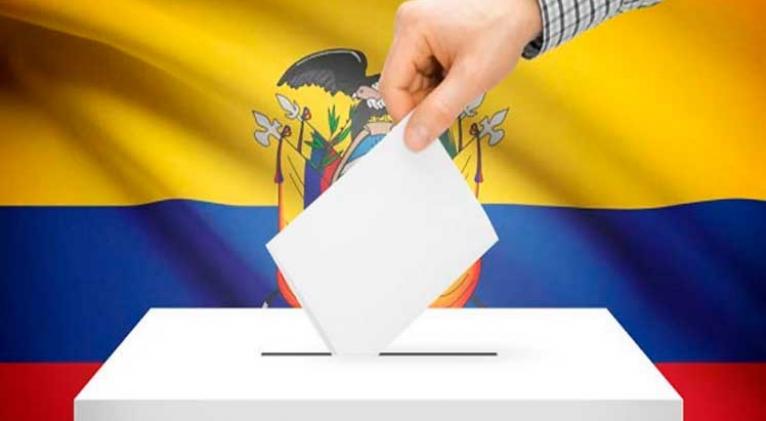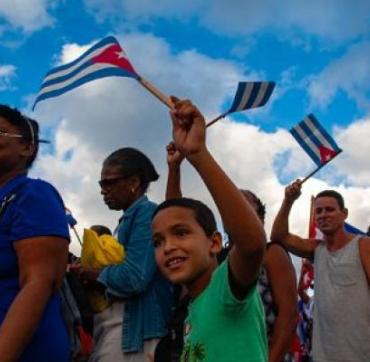Crisis grips Ecuador as 2024 draws to a close
especiales

Ecuador bids farewell today to 2024 submerging into a multidimensional crisis, as new presidential elections approach on February 9, 2025.
Over the last 12 months, President Daniel Noboa implemented a series of economic and social measures that impacted citizens, such as declarations of internal armed conflict and states of exception or the increase in the Value Added Tax (VAT).
Faced with the escalation of violence and the rise of organized crime, the president took a series of steps that at first managed to reduce crime rates, but eventually failed to solve the problem, as the year closes with the second historical violent crime rate.
In 2023, Ecuador registered a 47 per 100,000 inhabitant crime rate. A few weeks ago, the authorities reported this figure had decreased by 16.5 percent in 2024.
Therefore, the problem of insecurity will continue to be one of the main concerns of Ecuadorians.
Adding to the bleak picture come the local economic woes, which in 2024 worsened following up to 14 hours a day power cuts for three months, amid questions to the Executive for lack of timely measures to avoid blackouts despite previous warnings.
In this context, the dollarized Ecuadorian economy contracted by 2.2 percent in the second quarter of the year that ends, due to a drop in the investment flow, household consumption and public spending, according to the Central Bank.
Growth prospects are pessimistic. Even the International Monetary Fund (IMF), which signed an agreement with the Government for a four-billion-dollar loan, reduced its estimates of the Gross Domestic Product for 2025 and foresees a rise of 1.2 percent.
The Ecuadorian analyst and journalist Luis Onofa sums up the current situation in Ecuador as a paradox, with an abundance of financial resources, a falling economy, an energy crisis and insecurity.
In his opinion, such a contradiction can be explained by the agreement with the IMF, “the executive arm of neoliberalism, which leaves victims and has beneficiaries,” since the population must pay more taxes and receives fewer quality services in exchange, “while the interests of the country’s creditors remain intact.”
In this scenario, Ecuador will return to the polls in just over a month to elect a president, vice president, legislators and Andean parliamentarians, elections that will define the course of this indebted, insecure and politically polarized nation.
Although there are 16 candidates aspiring to the leadership of the Executive, two of them appear as favorites, according to the polls: the current president Daniel Noboa and Luisa González, from the Citizen Revolution movement.
Noboa already beat González in the early elections of 2023 and everything indicates that in 2025 the runoff could be repeated between these two ideologically opposed figures.
It will be a dispute between the hegemonic economic and political sectors, beneficiaries of the neoliberal model, (…) and the progressive forces aspiring to have the current harsh crisis revive the critical conscience and memory of voters, Onofa predicted.














Add new comment